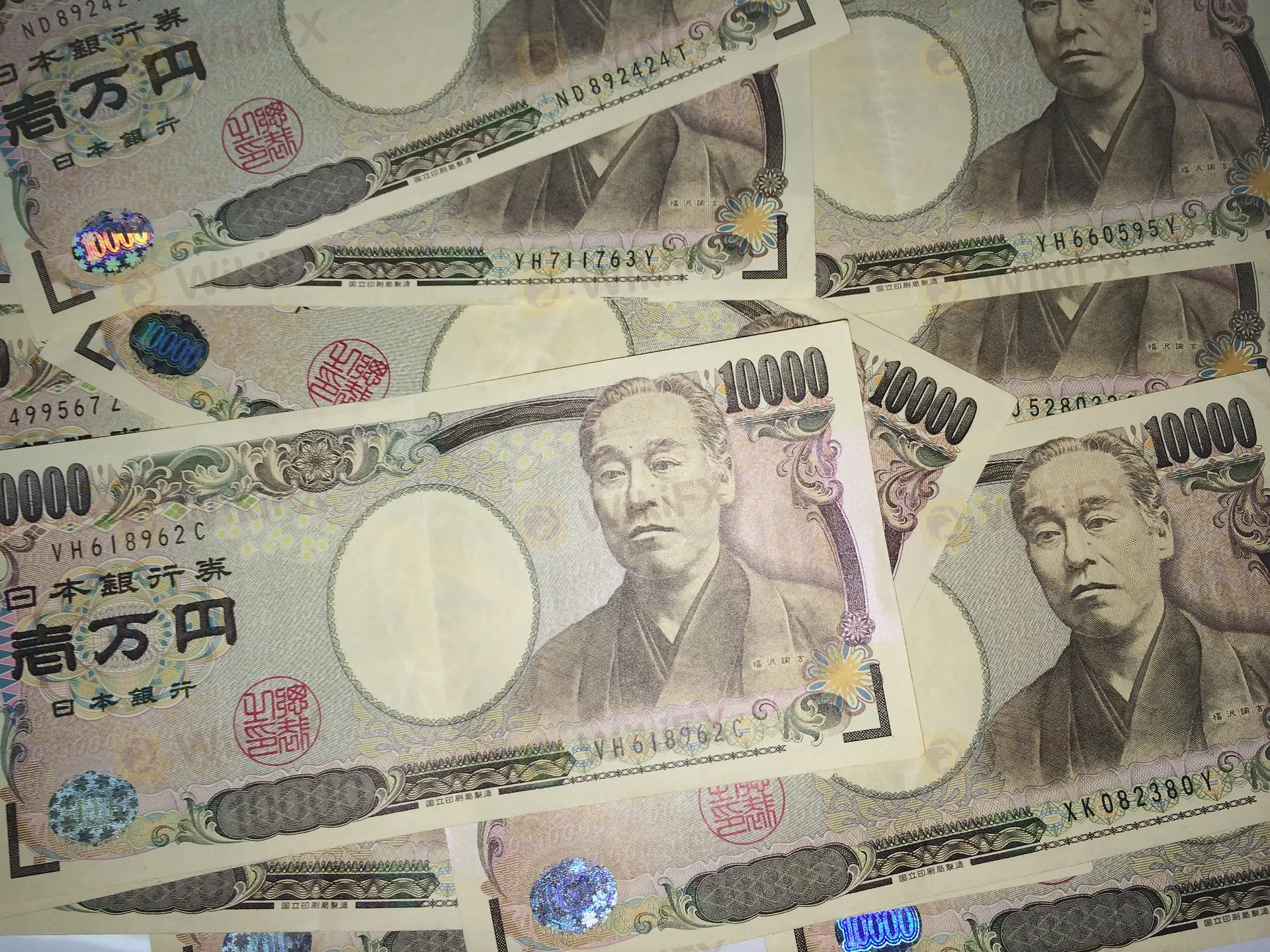Relationship Between Abe and Japanese Yen
摘要:Shinzo Abe, the longest-serving Japanese Prime Minister in history, has suddenly resigned on August 28, citing health reasons.
Shinzo Abe, the longest-serving Japanese Prime Minister in history, has suddenly resigned on August 28, citing health reasons. He will remain in his post until a successor is chosen. Mr Abe said he would still participate in the parliamentary vote and would not completely withdraw from politics.

On September 26, 2012, Shinzo Abe was elected as the president of the Liberal Democratic Party and won the general election later on December 26 in the year. After he became the president, the Japanese yen shrank from the peak of 77.13, while after he became the Prime Minister, the country‘s currency kept slipping till June, 2015 and bottomed at 125.86. The reason is the well-known 'Abenomics', which aimed to stimulate Japan’s exports and prevent the worsening deflation by exerting a big depreciation in the value of the currency.
Japan‘s economy once recovered because of the Abenomics, and investors even regained confidence amid the successful Olympic bid. However, no one has ever expected that the outbreak of COVID-19 would completely destroyed the Abenomics and made Abe drained and resign from his post. After Abe announced his resignation, forex traders bought the yen aggressively as no one could anticipated who’s his successor and whether the following policy would be in line with Abes.
On the other hand, Japan‘s stock markets went into a tailspin on the news of August 28. With the unwinding of carry trade and the rising risk aversion, the yen appeared to be strong and popular again. Under the Japan’s uncertain political situation coupled with the continued weakness of the U.S. dollar, the yen has the opportunity to maintain its strength in the short term and challenge the two major resistance levels of 104.19 and 101.48.
免責聲明:
本文觀點僅代表作者個人觀點,不構成本平台的投資建議,本平台不對文章信息準確性、完整性和及時性作出任何保證,亦不對因使用或信賴文章信息引發的任何損失承擔責任
天眼交易商
熱點資訊
Dukascopy Bank杜高斯貝銀行再度發出警告:請留意仿冒的詐騙釣魚網站
外匯券商LMAX Group值得信任嗎?立即查看監管背景、交易環境與用戶評價
StoneX 2025財年第2季外匯與差價合約(FX/CFD)收入下滑
【官方公告】外匯天眼維權服務始終免費,守護每一位投資者權益!
公布6/9-6/15最新外匯詐騙平台示警清單
eToro e投睿2025年第一季用戶增長強勁,資產管理規模達148億美元,但利潤略微下滑
受瑞士與日本監管的Dukascopy Bank杜高斯貝銀行是否值得信任?點擊查看平台監管情況、交易環境、用戶評價
Octa與XM官方網站遭新加坡封鎖
匯率計算


